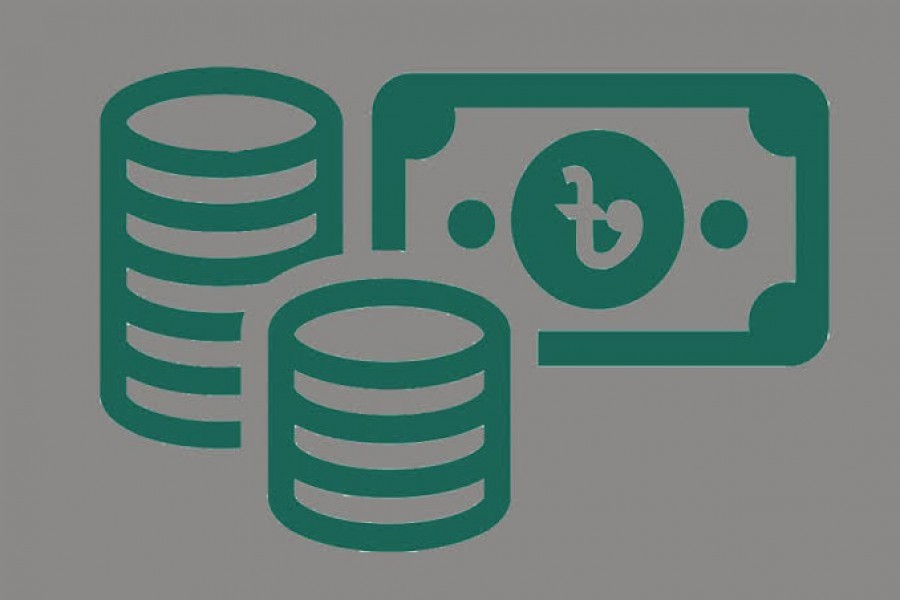A think-tank on Wednesday warned that Bangladesh would face debt-servicing problem unless it proceeded with caution while securing foreign loans.
"There are many countries who took loans without considering the implications," said Dr. Debapriya Bhattacharya, a distinguished fellow at the Centre for Policy Dialogue, or CPD. "They had faced troubles in their economies later," he added.
He made the comments while speaking at a media briefing on the launch of an Unctad report.
The briefing styled "The present and future of external development finance: Old dependence, new challenges" was held in the city.
Dr Bhattacharya said the foreign loan to Bangladesh has been increasing in recent times, thanks to the country's latest status of a lower-middle income country.
Bangladesh is listed among the least developed countries (LDCs), which have been facing "an alarming increase" both in domestic and external public debt for the last five years, according to the Unctad report.
Dr Bhattacharya said Bangladesh should now explore low-cost loans and must be careful about [high interest] loans as it may create problems in repaying the money.
About 37 per cent foreign funding is required for the annual development programme, Dr Bhattacharya said, underlining the need for mobilising domestic resources.
"The foreign development partners also see how we are collecting revenues to meet our needs," he said.
Quoting the report, CPD's senior research fellow Towfiqul Islam Khan said cross-border tax evasion and avoidance linked to the flow of exports and imports, remain a challenge for the Asian LDCs like Bangladesh.
Potential mis-invoicing and other illicit outflows for Bangladesh, as percentage of total trade with advanced economies, have been estimated to be more than 7.0 per cent, he said.
The Unctad report said that illicit financial flow from Bangladesh as of 2015 was equivalent to 36 per cent of its tax revenue, which is equivalent to the average of all LDCs.
He said Bangladesh's tax-GDP ratio is significantly lower than that of LDC average.
The money laundered in 2015 was 36 per cent of the total tax collected during that period, according to the report.
Tax buoyancy and tax efforts are also very low compared to other LDC countries, the report noted.
Mr Khan suggested increasing tax collection for reducing money laundering and said Bangladesh's exposure to illicit financial flow is high.
He said Bangladesh is among the seven LDCs having relatively lower tax efforts with a score of 0.68, ranking 27th among 29 LDCs.
The senior researcher said the resource gap, defined by the difference between domestic savings and gross fixed capital formation, in Bangladesh in 2015-2017 was lower than the LDC average of 8.0 per cent of GDP.
For nearly half of LDCs, the resource gap remained above 15 percentage points of the GDP, which is particularly high for small economics and island LDCs.
During 2012-2017, among LDCs, the beneficiary country with the greatest amount received was Angola at US$1.084 billion, followed by Senegal, at $0.895 billion. Myanmar was at $0.872 billion followed by Bangladesh at $0.794 billion, the report said.
CPD executive director Dr Fahmida Khatun and research director Dr Khondaker Golam Moazzem were also present.


